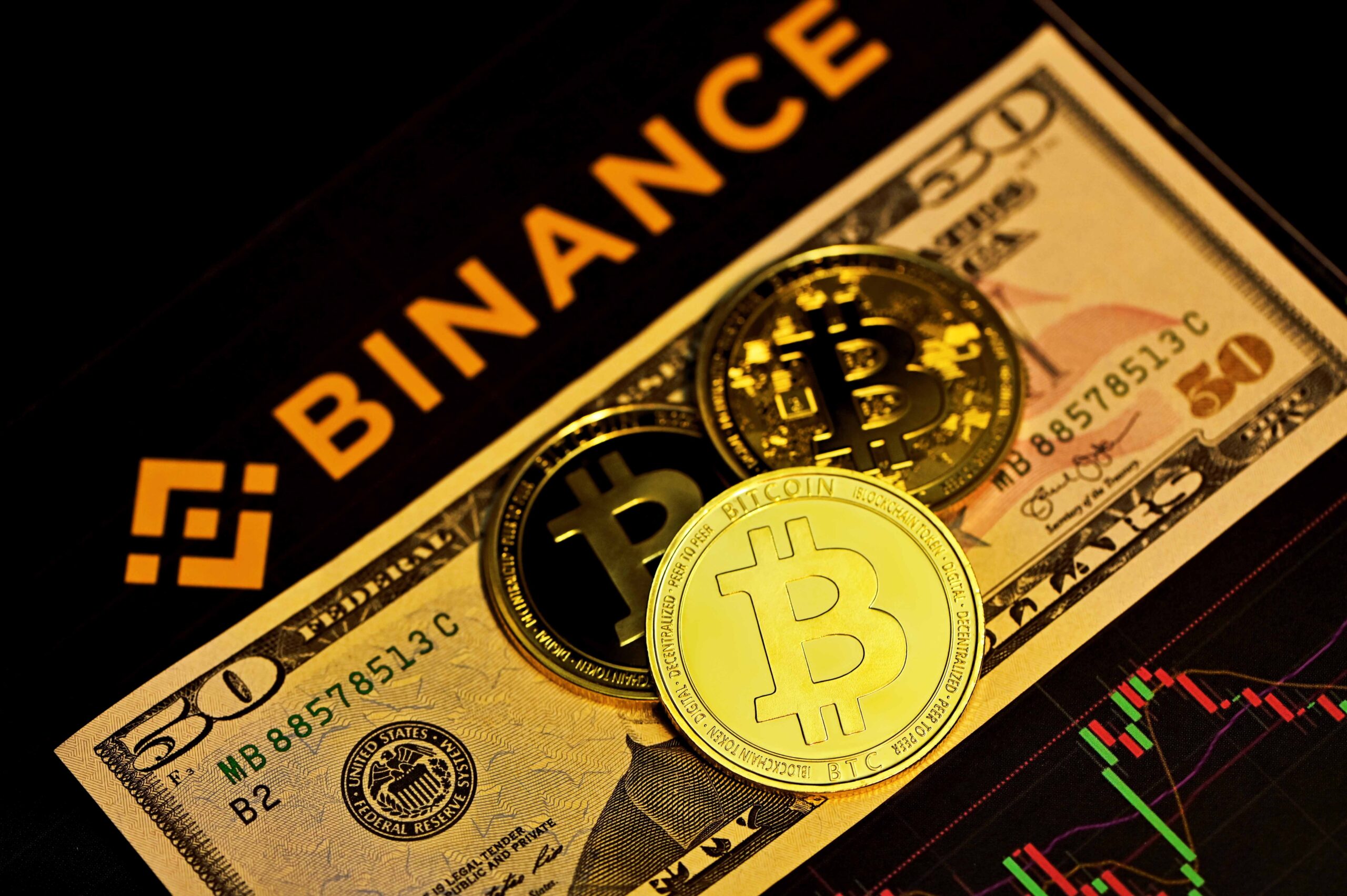Crypto Investors in Nigeria Risk Having Their Accounts Frozen

The Central Bank of Nigeria (CBN) has highlighted the bank accounts of Nigerians who have invested in cryptocurrencies via P2P services, creating a challenging situation for these investors. The recent attack of Nigerian fintech business Flutterwave, which resulted in the theft of about $6.5 million (3 billion nairas), is widely considered to have influenced the CBN’s decision.
When a motion ex-parte was filed and granted on February 27 in favor of Flutterwave’s claims, 107 accounts were placed on lien/Post-No-Debit (PND), with their fifth beneficiaries also included. While it has not been established whether or not the affected bank accounts are connected to the attack, several people have reported that their accounts were stopped as a result of the event.
As a result, peer-to-peer investors are hesitant to participate in OTC markets, which allow the trading of securities between two counterparties outside of established exchanges and without the oversight of an exchange regulator. The stolen funds quickly found their way into the Nigerian cryptocurrency market on several OTCs, creating issues for customers who prefer to utilize peer-to-peer (P2P) platforms for their cryptocurrency transactions.
Global investors rely on peer-to-peer (P2P) networks to facilitate the direct, decentralized trading of cryptocurrency. Users may either trade from one cryptocurrency to another or convert their cryptocurrency holdings into fiat currency. In 2021, CBN proposed new rules that would make it illegal for banks and other financial institutions to facilitate cryptocurrency transactions. Nigerians, meanwhile, have used P2P networks to forge forward and keep their country at the forefront as Africa’s crypto powerhouse.
There is concern among some in the community that this may dampen enthusiasm among Nigerians who have not yet participated in the crypto digital ecosystem to invest in digital assets. Several companies are collapsing as a result of the scenario, as unwary company owners have received payments for their services with money that has been tied to the compromised amount. This has led to confusion and maybe legal implications.
The P2P market has facilitated trading in Nigeria despite the CBN’s tight crypto rules. Sadeik, a financial expert, claims, however, that it is a center where criminals launder money stolen via fraud. Sadeik went on to explain that a friend of his had almost half a million nairas stolen from him as a result of the Flutterwave breach, since the individual he had transacted with had their account flagged.
Flutterwave issued a statement refuting the breach and explaining that it had discovered an odd pattern of transactions on some user accounts and had therefore begun an investigation in accordance with its regular operating procedure. The analysis showed that potential vulnerabilities existed for individuals who did not enable all of the recommended security settings. Before any damage could be done to Flutterwave’s users, the company was able to fix the problem.
The recent circumstance shows the need to boost crypto market security and education in Nigeria. CBN’s move to label accounts emphasizes the critical function that banks must play in the fight against fraud. It also highlights the role of financial intermediaries like banks in preventing money laundering and other criminal activities. Investors in cryptocurrencies would do well to remember this experience and stick with trustworthy P2P services in the future.




